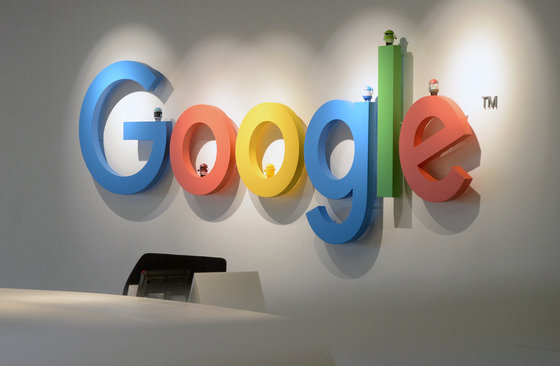Google declared a monopoly in U.S. antitrust ruling
Google declared a monopoly in U.S. antitrust ruling
Posted August. 07, 2024 08:12,
Updated August. 07, 2024 08:12

Google, the world's leading search engine, has lost a significant antitrust case brought by the U.S. Department of Justice. The case accused the tech giant of stifling competition to maintain its dominance in the global search market, where it controls 90% of activity. This ruling could signal the beginning of a broader reshuffle in the global tech landscape, particularly in the burgeoning era of artificial intelligence (AI).
On Monday, U.S. District Judge Amit Mehta ruled that Google's payments to make its search engine the default option on smartphone web browsers violated U.S. antitrust laws. Google had paid trillions of dollars to secure this status on both Samsung's Android devices and Apple's iPhones. In his 286-page ruling, Judge Mehta declared, "Google is a monopolist."
The ruling detailed how Google spent billions of dollars annually to ensure its search engine remained the default choice on popular browsers such as Apple's Safari. In 2021 alone, Google paid over $26 billion to smartphone manufacturers; in 2022, it paid Apple $20 billion. This strategy allowed Google to dominate not only the search market but also the lucrative search advertising market, leading to higher costs for consumers. "By monopolizing search distribution, Google has consistently raised the price of online advertising and leveraged its monopoly power to increase the cost of text ads," Judge Mehta noted.
This trial has been described as the most significant antitrust case since the 1998 lawsuit against Microsoft for its Internet Explorer browser monopoly, which dominated the global software market. Dubbed the "verdict of the century," the ruling is being hailed as a historic victory for consumer rights and market fairness. U.S. Attorney General Merrick Garland commented, "The ruling is a historic win for the American people. No company—no matter how large or influential—is above the law.”
장은지 jej@donga.com
Headline News
- Joint investigation headquarters asks Yoon to appear at the investigation office
- KDIC colonel: Cable ties and hoods to control NEC staff were prepared
- Results of real estate development diverged by accessibility to Gangnam
- New budget proposal reflecting Trump’s demand rejected
- Son Heung-min scores winning corner kick







